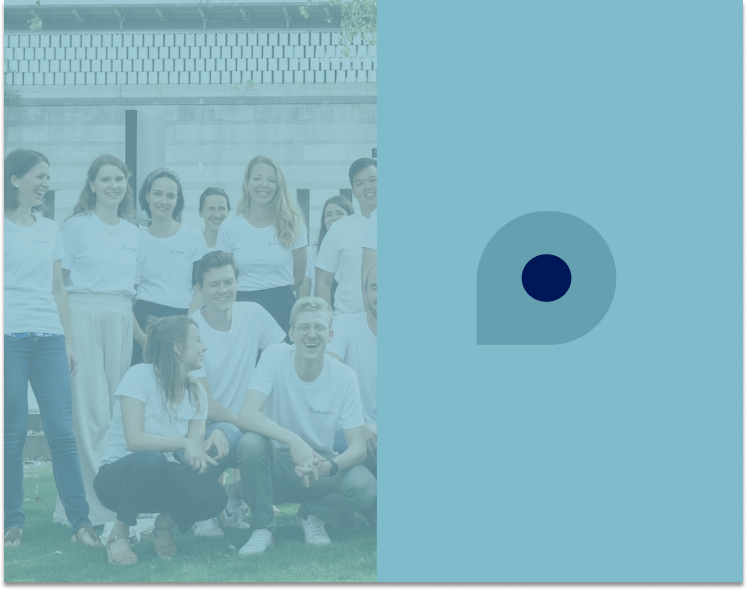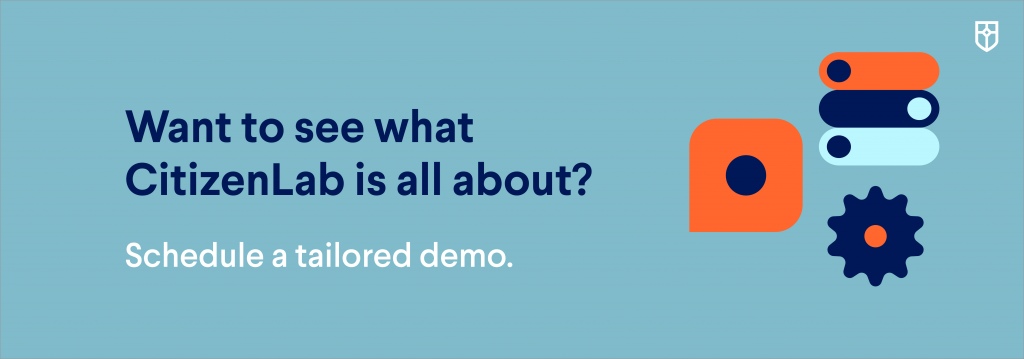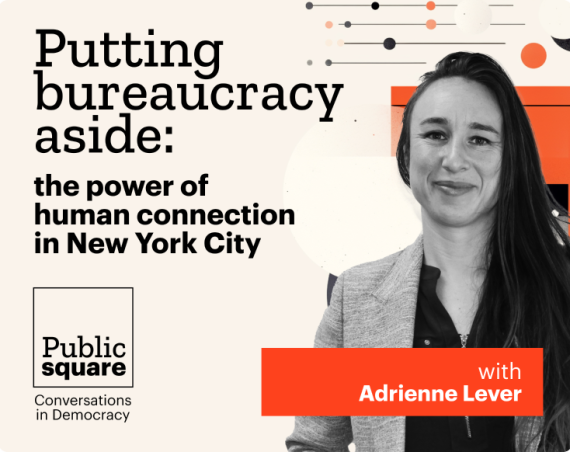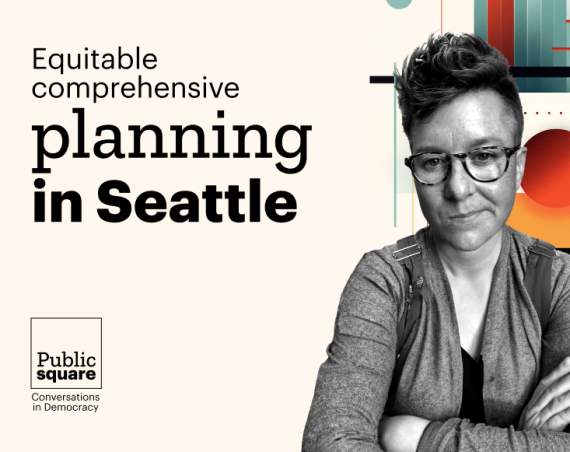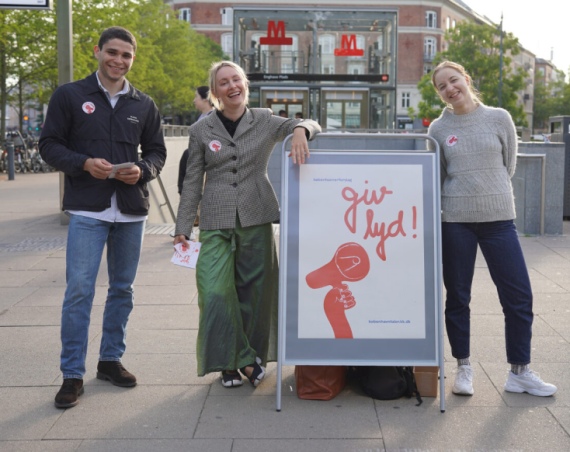It’s hard to believe that CitizenLab has been around for 6 years. We are incredibly proud of everything we’ve already achieved: 300+ governments have used our platform to engage their communities online, we’ve grown from a team of three to 40, and we’ve scaled from one country to six. And yet, we still have so many plans to expand our impact and design new participation models!
When we started in late 2015, CitizenLab was just an idea, or better yet: a dream. Why should participation in public decisions be limited to a handful of people who’ve got the time and (admirable) dedication to attend a town hall meeting? Back then, many governments weren’t yet convinced of the value of public participation. I distinctly remember a city mayor telling us that they didn’t want to do citizen participation because it would take too much time to personally respond to all input from citizens. Thankfully, participation has evolved past this.

Over the past few years, I have witnessed first-hand how governments have transformed their beliefs and way of working. Mayors have embraced the paradigm shift from a closed democracy to an open democracy: they are increasingly aware of the need for inclusive and participatory decision-making to legitimize their policies and gain trust from their communities. We no longer need to explain why we should do citizen participation, but rather the burning question for governments nowadays is: how do we better organize the dialogue with our residents online?
Since early 2020, COVID has only accelerated this digital make-over. It’s been a transformative period both for the governments we work with and also for our team at CitizenLab. Over the last year and a half, we’ve started working in several new countries, suddenly gained the ability to meet governments on the other side of the world, and were empowered to do our work from anywhere. In fact, our team has grown to 40+ members from 16 different countries. It’s incredibly rewarding to work with such a diverse group on a mission and topic that connects us all: strengthening our democracies.
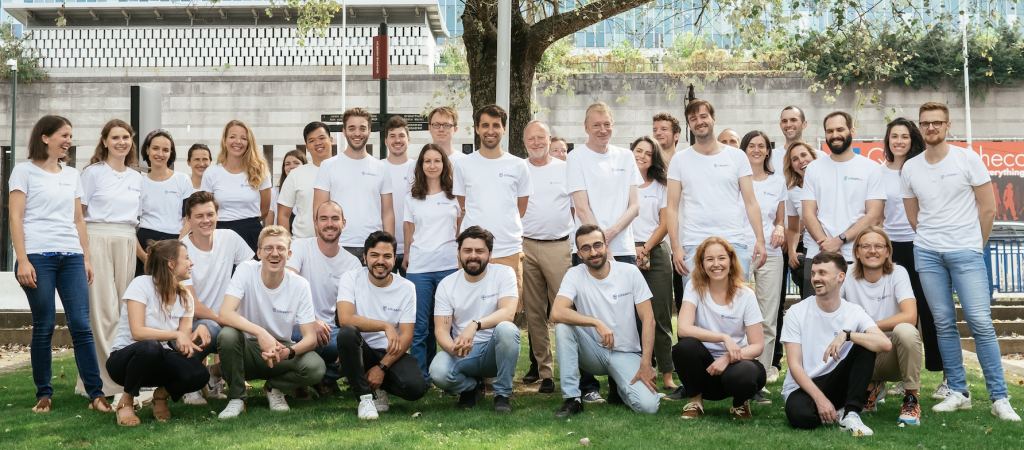
What I’ve learned along the way
I’ve learned so much since co-founding CitizenLab six years ago. While it’s impossible to pack all of those learnings here, the three main takeaways that I want to share with you are:
- Challenges are often shared among governments, but communication isn’t. A large French city is likely to have more challenges in common with a large American city than with a rural French town. Despite great similarities across the globe, our governments tend not to look beyond their own borders and are therefore limited in benefiting from good practices and lessons learned. With that in mind, we focused on building a global community of clients to promote more collaboration and learn from each other, irrespective of where you’re located.
- Public servants have an insatiable appetite to learn. I’ve always been pleasantly surprised by how talented the workforce in the public sector is. Public servants share a fantastic drive to serve the public, and love chewing on new content and tips to grow. At CitizenLab, we try to be as open as possible about what we know, and bundle that expertise into content guides. Soon, we’ll also launch a dedicated online academy to scale deeper learning about digital public participation.
- Nothing drives a group of people better than a clear purpose. I feel lucky that we’ve been able to attract and retain such a talented, international group of teammates at our organization. I’ve learned that there’s one thing that drives people more than anything else: a strong purpose. Our clear mission statement of “making public decision-making more inclusive, participatory, and responsive” is our compass, and we use it in everything we do. The joy of working with intrinsically motivated colleagues is that it enables our organization to work in an autonomous and decentralized way, with much room for initiative and innovation.
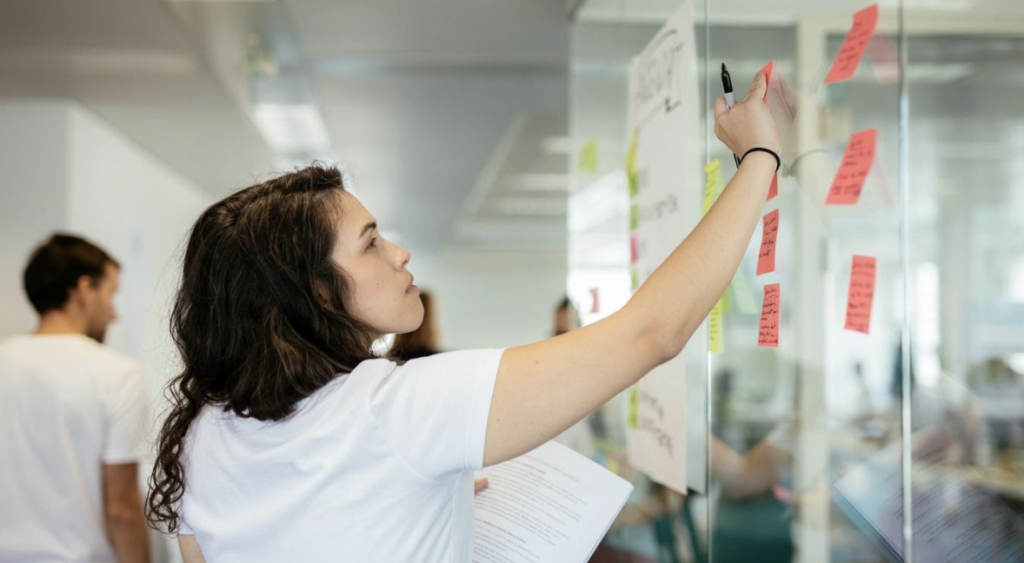
What’s in store for the future of CitizenLab
I’m thrilled to share some of the key initiatives our teams are working on at the moment. You can expect these to launch in the coming 6-12 months:
- Participation academy: Early next year, we will launch an e-learning center for public servants. We’ve found that having the best-in-class software for community engagement available is not always enough. We also need the public servants we work with to optimally make use of our technology. Our Academy will curate the best practices in public participation and present them to our clients in an interactive way that makes learning fun and tangible. With a focus on digital participation in particular, we aim to help upskill public servants’ use of tech and to help make them more confident so they can grow their impact through participation.
- Community insights: We’ll gradually roll out a new product module to help policy-makers become more responsive to the changing needs of their residents through better listening tools. We plan to integrate citizen feedback from data sources beyond just your CitizenLab platform. This will offer a more holistic picture of what your community is saying about your plans and policies without you needing to spend hours parsing through all the information on various sites.
- Online deliberation: We want to keep innovating how input gets captured and how dialogues are shaped. At CitizenLab, we’re big believers in more deliberative approaches, and have been strongly inspired by the recent wave of citizens’ assemblies. Our launch of online workshops was a first important development in that light. Next, we want to design new tools for online deliberation through new features for discussion (e.g. argumentation structure, document annotations) and voting (e.g. voting scales, ranked choice).
- Marketplace: Lastly, our move earlier this year to open-source was just the first step of many to transition to an open innovation model. In the following six months, we will expand our APIs and enable our partners to build add-ons to their CitizenLab platform. We will also create a marketplace where all of these add-ons will be available for our clients. The most requested add-ons include data integrations with the tools governments are already using, such as their own email systems or CRMs, as well as new communications tools, such as for texting and messaging apps.
Stay tuned for these initiatives to be released, and please get in touch should you be interested in co-designing these with us.
On to the next 6 years,
Wietse & the CitizenLab team
